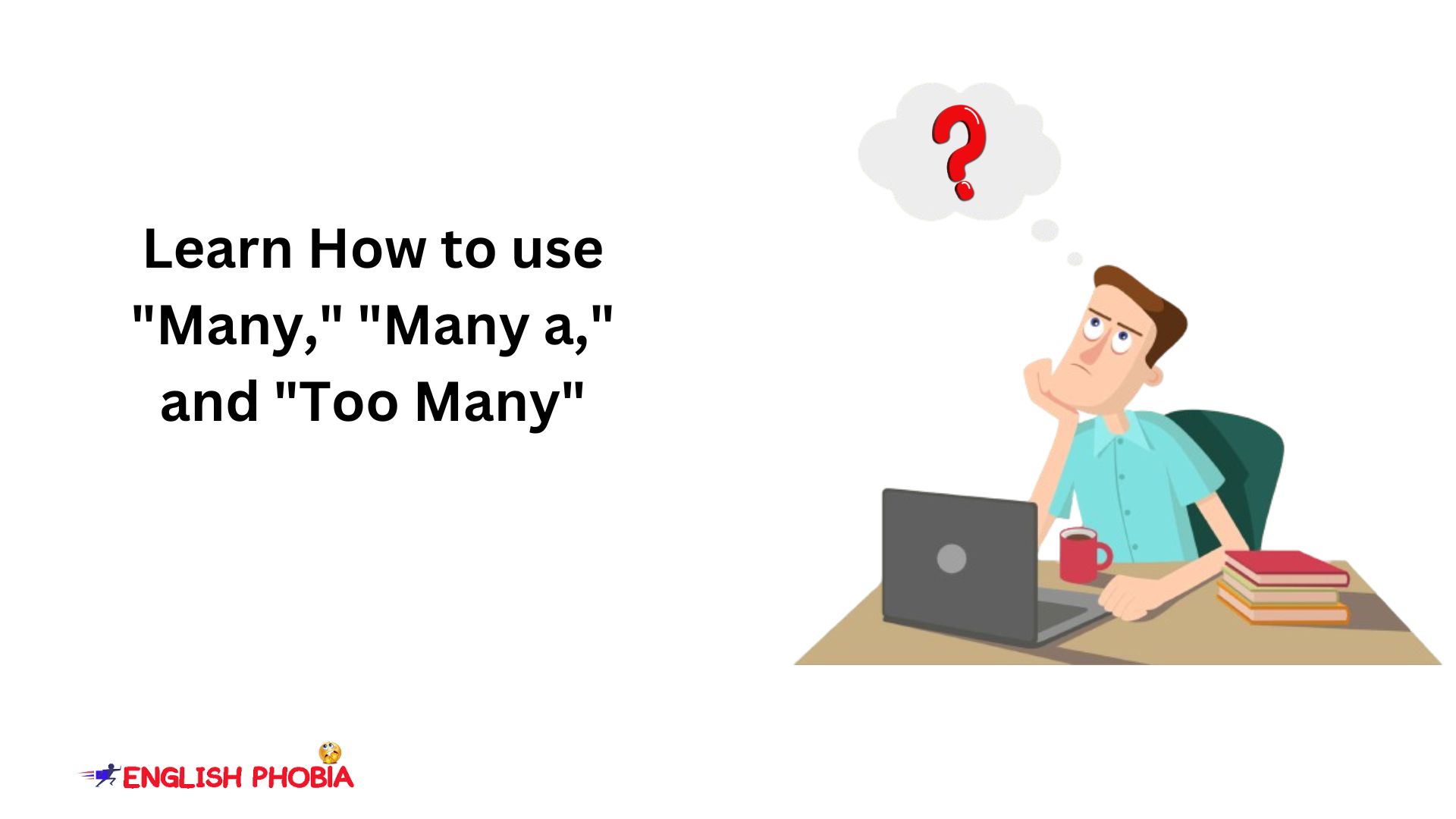Are you still making these common English grammar errors? I personally believe that English grammar cannot be a piece of cake for every language learner.
1. What is the meaning of “a piece of cake”?.
English grammar can be a confusing concept for many people, whether you are native a speaker or learning the language for the first time. Even the best English speakers make these common grammar mistakes from time to time.
However, by understanding and using the subject and predicates correctly, you can improve your written and spoken communication skills and avoid misunderstandings.
In this blog post, we will discuss five common English grammar mistakes and how you can stop making them now.
1 Using “their”, “there”, and “they’re” correctly
One of the most common grammar mistakes in English involves homophones. “their, there, and they’re.”
These words sound the same, but they have different meanings and uses:
“Their” is a possessive pronoun that shows ownership and possession.
1) That is their car.
2) This boy is their brother.
3) Their hobbies are unique.
“There” is an adverb that indicates location.
1) The store is over there.
2) There were two confusing questions in the examination.
3) He went there to meet his best friend.
“They’re” is a short form of (they are).
1) They’re going to the movies.
2) They’re planning to visit Rishikesh on 10th June.
3) They’re not working here anymore.
2 Avoiding Double Negatives
To avoid making this mistake, make sure you understand the different meanings and uses of each word and always double-check your writing to ensure you are using the correct one.
Double negatives come when we use two negative words in the same sentence. It results in a confusing and grammatically incorrect statement.
For example,
I don’t know nothing about it. Incorrect
I don’t know anything about it. Correct
It is a double negative because it contains both “don’t” and “nothing.” Instead, the correct sentence should be “I don’t know anything about it.”
To avoid using double negatives, be mindful of the words you choose and ensure that you’re not using more than one negative word in a sentence. If you find that you’ve used a double negative, simply replace one of the negative words with a positive or neutral word to correct the error.
3 Subject-verb agreement
Subject-verb agreement is a fundamental grammar rule. It states that the subject of a sentence must agree with the verb in both number and person. In other words, if the subject is singular, it prefers a singular verb; if the subject is plural, it prefers a plural verb. For example:
1) The dog run in the park. Incorrect
The dog runs in the park. Correct
2) The students is studying for the exam. Incorrect
The students are studying for the exam. Correct
You should always check the verb agrees with the subject in both number and person. If you’re unsure whether a verb should be singular or plural, go through our previous articles or look up the word in a dictionary.
4 Proper Use of Apostrophes
We use ‘Apostrophes’ in English for two primary purposes:
1) To indicate possession
2) To form contractions
However, many people misuse apostrophes. They either add them where these are not required or omit them where these are required.
To indicate possession, we add an apostrophe followed by an “S” at the end of a singular noun.
For example,
1) The cat’s toy was entertaining.
2) A teacher’s responsibility is to educate and pioneer the students.
3) My friend’s name is Romeo.
For plural nouns that already end in “S” simply add an apostrophe.
For example,
1) The dogs’ toys are useless.
2) We should always take doctors’ advice.
3) Students’ favorite time is an interval.
Note;– Do not use an apostrophe with possessive pronouns like its, hers, or theirs.
For contractions, use an apostrophe to replace the missing letters.
For example
1) It’s not my duty to remind you. (it is)
2) You’re a precious gem in his life. (You are).
3) She’s ill yesterday. (She was)
Be careful not to confuse contractions with possessive pronouns, which do not require apostrophes.
To avoid making mistakes with apostrophes, double-check your writing to ensure you are using them correctly.
Many people have a habit to use more words than is required. It can make their writing unclear and difficult to read. Unnecessary words, also known as wordiness. These can be omitted to create more concise, effective sentences.
For example:
Wordy: In his personal opinion, he believes that the movie was very good.
Concise: he believed the movie was very good.
Wordy: Roma was able to successfully finish the project on time.
Concise: Roma finished the project on time.
To eliminate unnecessary words, read through your writing and look for words or phrases that don’t add any value or meaning to your sentences. Remove or replace these words to create clearer, more concise sentences.
Conclusion
By avoiding these five common English grammar mistakes, you can improve English without studying your writing and communication skills. You can become a more skilled and confident English speaker.











